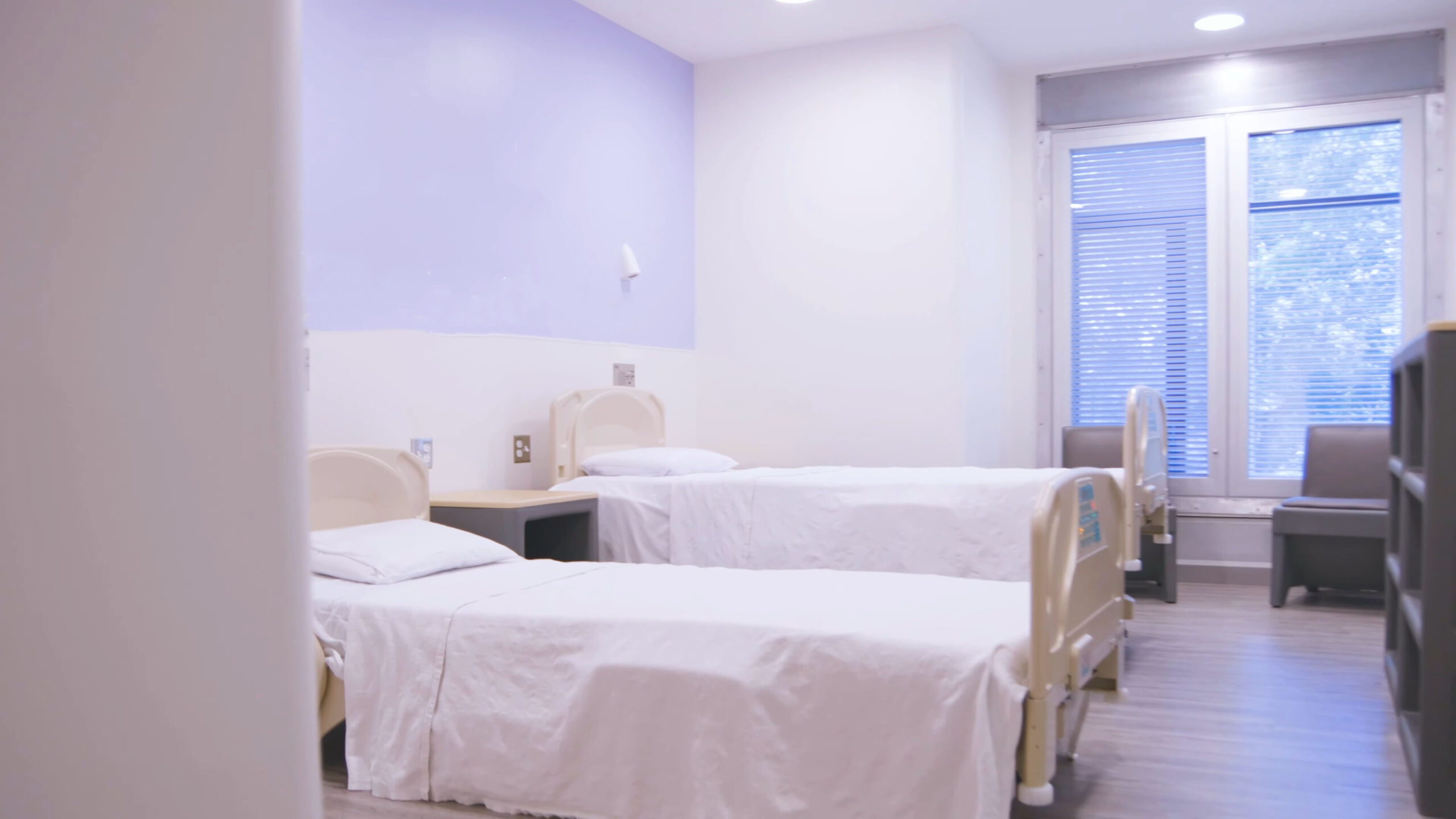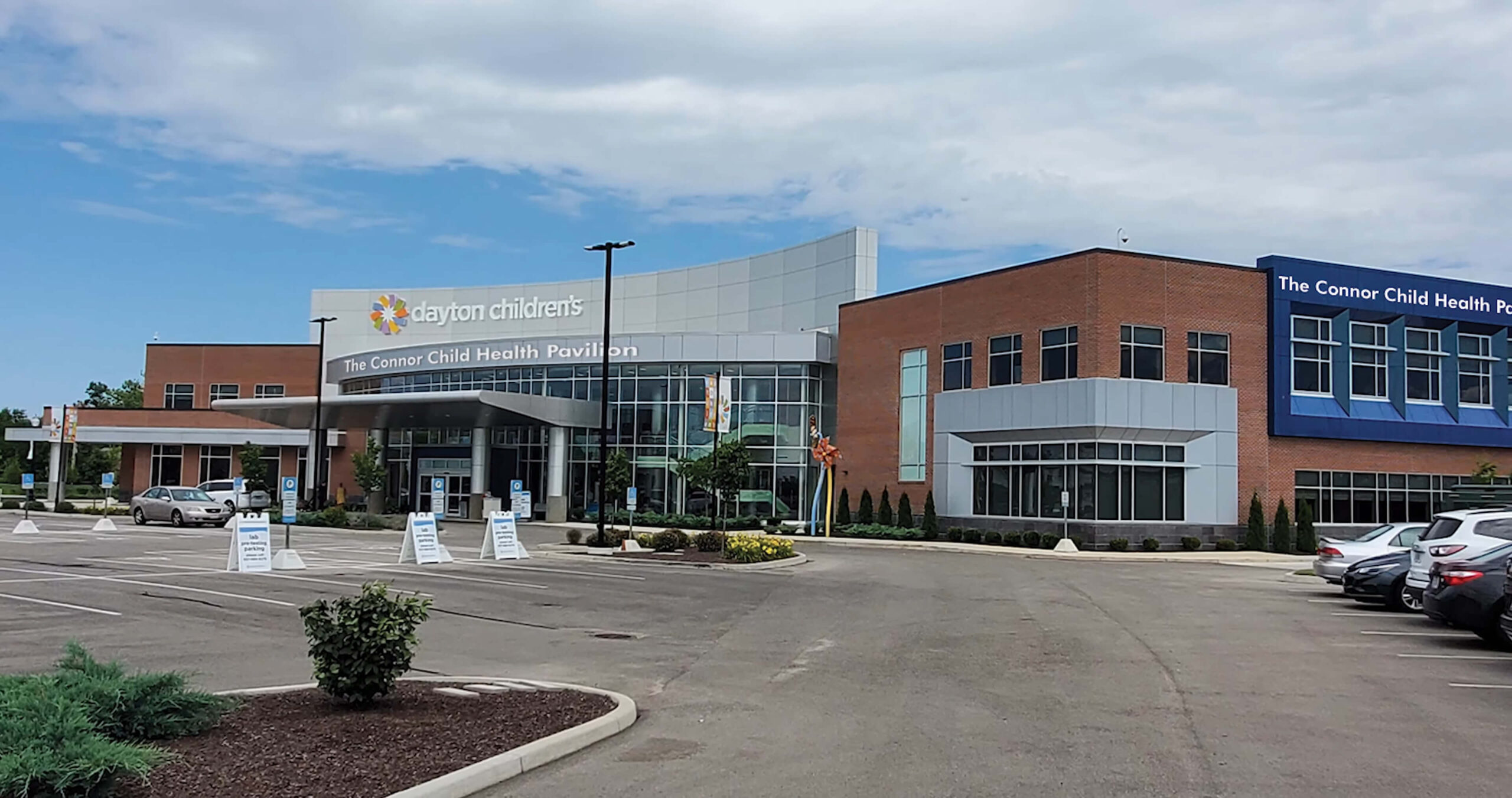Ohio Gov. Mike DeWine confirmed in an interview with the Dayton Daily News Tuesday that he expects the state to build a new behavioral health hospital in the Dayton area in coming years as a result of the state’s ongoing capital budget discussions.
The Dayton Daily News asked about the facility after finding a $10 million appropriation in the state’s $3.5 billion capital budget for a “Dayton Behavioral Health Hospital.”
In a phone interview Tuesday, DeWine confirmed that the provision would create a brand new, state-run facility in the Dayton area, and that the $10 million would go toward acquiring the land and producing initial designs. It’ll become Ohio’s seventh state-run behavioral health hospital.
Addressing the Need for Inpatient Care
DeWine said he made the decision to move forward with the hospital about two months ago. It’s unclear when construction might begin, how long it may take or how much it may cost.
“I don’t know how long this will take, but this is something that we think is an integral part of what we’re trying to do in the state of Ohio,” said DeWine, who has consistently stressed the need for Ohio to bolster its mental health system. “There certainly is a great demand for these beds … and the logical place to build such a hospital is in the Dayton area.”
This news organization confirmed that the hospital’s primary function will be inpatient care and the site is expected to have about 200 beds. DeWine said an increased capacity for inpatient care was particularly important in order to clear up spaces in private hospitals, particularly as court orders for psychiatric care become more common.
Implementing price transparency could be crucial in this hospital for better patient care.

Rebuilding from the Closure of Twin Valley
Dayton previously had an inpatient psychiatric hospital called Twin Valley that closed 16 years ago this month. It was known for years as the Dayton State Hospital.
“The closure of Twin Valley Behavioral Health in 2008 had devastating effects on the patients and families served by that facility,” said Sarah Hackenbracht, president and CEO of the Greater Dayton Area Hospital Association.
After Twin Valley closed its doors, the local mental health services board approved just 69 admissions for state hospitalization, which was a decrease of 76% from the year before the facility’s closure, an investigation by this newspaper found.
The programs within in the new Center for Emotional Wellbeing include:
- HealthySteps: Parenting and child development support for families of children ages 0 to 3
- Mental Health First Aid and suicide prevention training: Available to community members and Dayton Children’s staff
- On Our Sleeves: Provides tools to educate adults on childhood mental wellness to break the stigma around childhood mental health
- Community health workers: Support for children and families to equip them with information and tools to address their mental and physical health outcomes
- School-based therapy: Therapists embedded in elementary through high schools, as well as after-school programs
- Student Resiliency Program: Student resiliency coordinators provide resiliency development for students and families impacted by trauma by working full-time at area schools
- Mental Health Resource Connection: Helps connect patients and families to mental health services
- Youth and Family Resource Connection: Also helps connect students and families with local resources that promote social and mental wellness
Implications for the Criminal Justice System

Former Montgomery County sheriff and current state Rep. Phil Plummer, R-Butler Twp., told this news organization that the state’s plan is “is great news for our criminal justice system.”
Jails have become the de facto place for mental health and substance abuse treatment. People with mental health disorders are over-represented in the criminal justice system, the Montgomery County Behavioral Task Force found last year.
“The Dayton region has worked tirelessly to fill that gap by adding new levels of treatment in the behavioral health ecosystem, but we struggle with connecting people to the right level of treatment at the right time in their behavioral health journey,” Hackenbracht said about the time since the closure of Twin Valley.
A new, state-owned and operated facility would be a significant asset to the Dayton region, she said.
“We are grateful to the Ohio Mental Health and Addiction Services leadership for taking the first step to rebuild and reinvest in our community,” Hackenbracht said.

